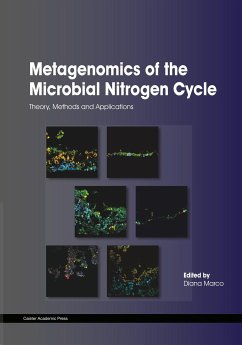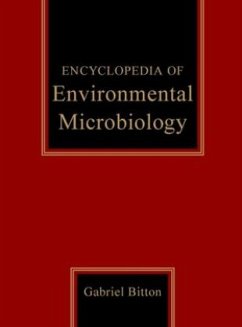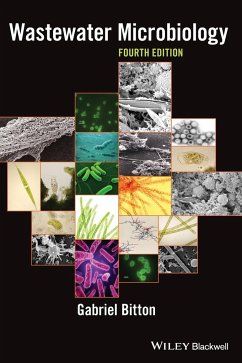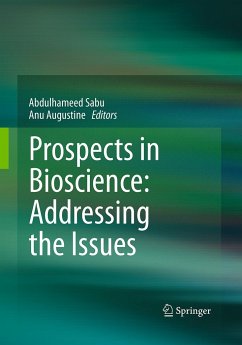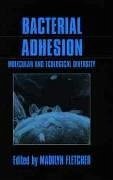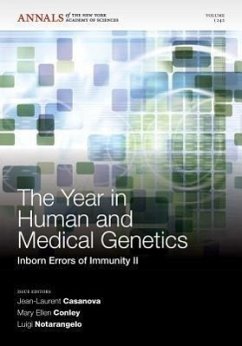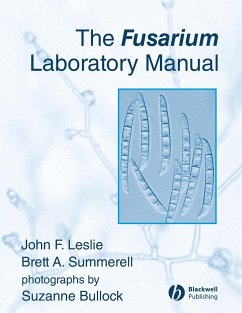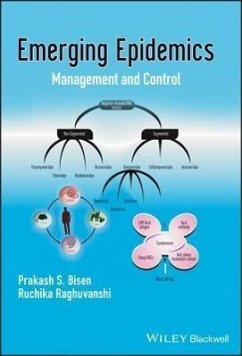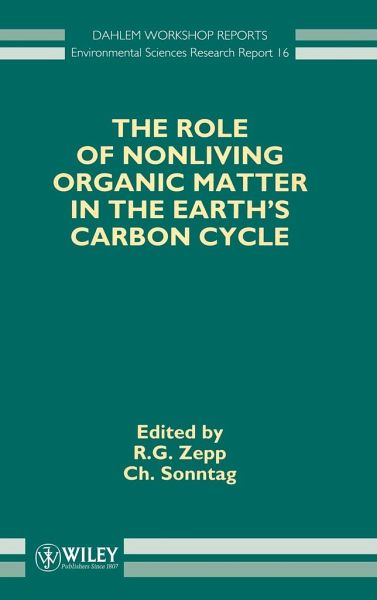
The Role of Nonliving Organic Matter in the Earth's Carbon Cycle
Versandkostenfrei!
Versandfertig in über 4 Wochen
520,99 €
inkl. MwSt.

PAYBACK Punkte
260 °P sammeln!
Nonliving organic matter (NLOM) comprises the bulk of the organic carbon stored in the terrestrial biosphere and a major part of the organic carbon in the sea. Organic substances, which include litter, marine detritus, dissolved organic matter, and soil organic matter, have diverse effects on the Earth's biogeochemical processes and serve as a major reservoir of biospheric carbon, which can be transformed to carbon dioxide, methane, and other "greenhouse" gases. Given this broad spectrum of effects, efforts to adapt to or perhaps benefit from global change require a better understanding and an...
Nonliving organic matter (NLOM) comprises the bulk of the organic carbon stored in the terrestrial biosphere and a major part of the organic carbon in the sea. Organic substances, which include litter, marine detritus, dissolved organic matter, and soil organic matter, have diverse effects on the Earth's biogeochemical processes and serve as a major reservoir of biospheric carbon, which can be transformed to carbon dioxide, methane, and other "greenhouse" gases. Given this broad spectrum of effects, efforts to adapt to or perhaps benefit from global change require a better understanding and an ability to predict the role of NLOM in the global environment. The overall objective of this volume is to provide experimental and modeling strategies for the assessment of the sensitivity of the global carbon cycle to changes in nonliving organic pools in terrestrial and aquatic ecosystems. The discussions in this volume consider how best to characterize and quantify pools and fluxes of NLOM, the role of NLOM cycling on a global scale, human and climatic perturbations of interactions between NLOM and nutrients, and biological, chemical, and physical processes that control the production and degradation of NLOM, with an emphasis on processes that affect the persistence of NLOM in the environment. One of the most unique aspects of this volume is that it represents extensive exchanges between leading international scientists from both aquatic and terrestrial backgrounds. It will be of particular interest to organic geochemists, microbiologists, ecologists, soil scientists, agricultural scientists, marine chemists, limnologists, and modelers. Goal of this Dahlem Workshop: to devise experimental and modeling strategies for assessment of the sensitivity of the global carbon cycle to changes in nonliving organic pools.





